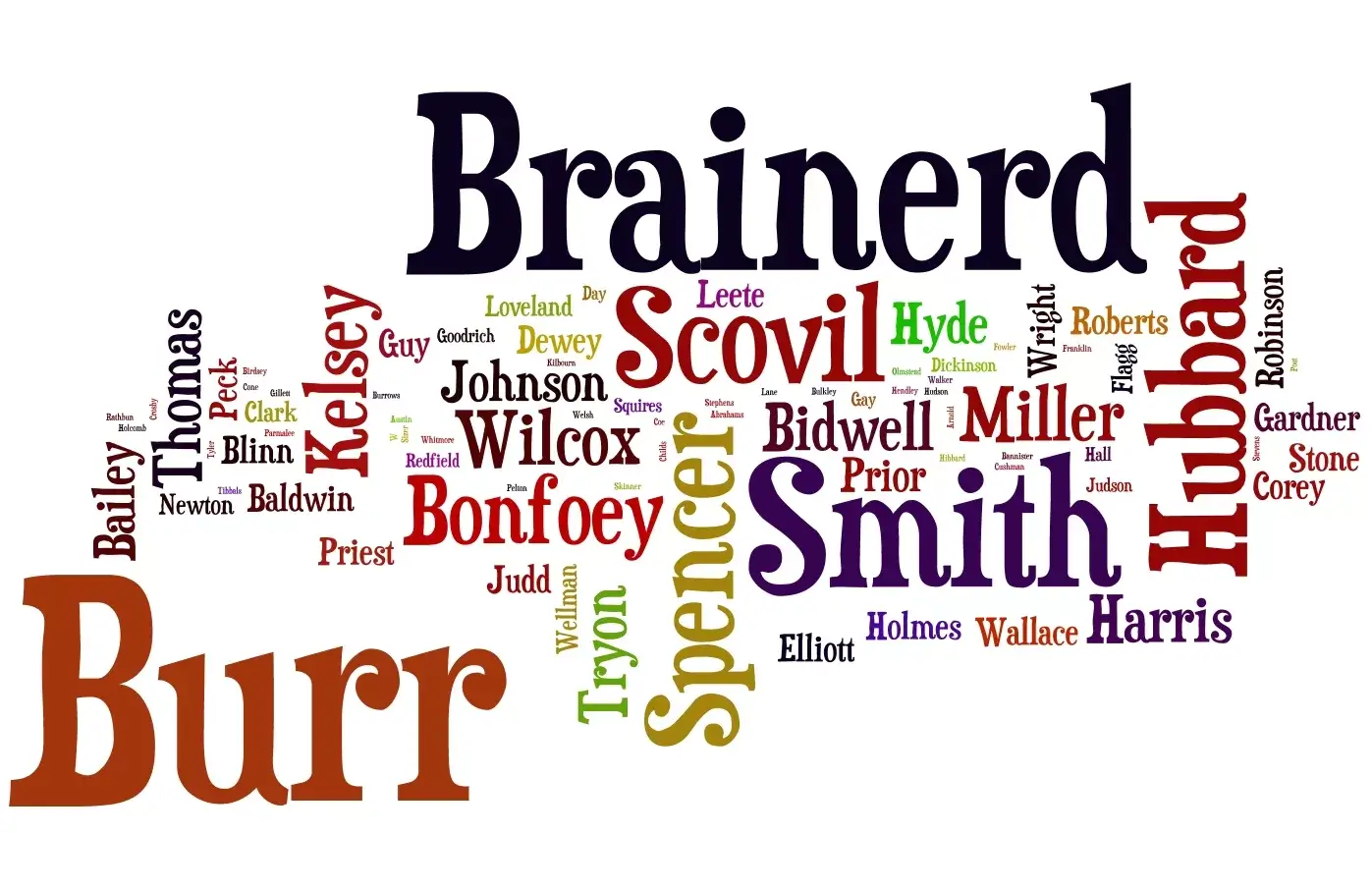Black British Surnames: The Hidden History Behind the Names

When you hear names like Smith, Brown, or Johnson, you might not immediately think about race or colonialism — but for many Black Britons, these surnames carry more than meets the eye. They’re not just identifiers; they’re reminders of history, survival, and cultural reshaping.
🔁 A Colonial Legacy in a Name
Many Black British surnames are a direct result of Britain’s colonial past, especially in the Caribbean and parts of Africa. When enslaved Africans were brought to colonies under British control, their original names were stripped away — and replaced with European ones.
“Our names aren’t African. They’re the names of the people who owned our ancestors.”
— A common reflection within the Black diaspora
Enslaved individuals were often assigned:
- The surnames of plantation owners
- Anglicised versions of African names
- Generic Christian or biblical surnames
🧭 Caribbean Roots in the UK
A large percentage of Black Britons today have heritage rooted in Jamaica, Trinidad, Barbados, and other West Indian nations — many of which were once under British rule.
That’s why surnames like:
- Campbell
- Williams
- Richards
- Thomas
- Morgan
…are common among both white Brits and Black Brits — despite very different ancestral paths.
🧬 Reclaiming Identity Through Naming
Some Black British families, particularly recent immigrants or descendants of African nations not heavily colonised by Britain, have maintained or reclaimed African-origin surnames. These include names from:
- Yoruba (Nigeria)
- Akan (Ghana)
- Amharic (Ethiopia)
- Igbo, Swahili, and others
Examples:
- Adeyemi
- Okonkwo
- Mensah
- Abebe
These names are powerful cultural markers — and often a deliberate choice to preserve identity or resist assimilation.
📉 The Erasure of African Surnames
In contrast, British institutions for centuries made it difficult for Black people to retain or pass down their native names:
- Birth registrars often refused to record “foreign” names
- Schools and churches pressured children to adopt English names
- Immigration forms and documentation encouraged anglicisation
That’s why even today, many Black British individuals have European surnames, but African first names — a blend of resistance and adaptation.
🧠 Why These Names Still Matter
Understanding the history behind Black British surnames isn’t just about the past — it’s about how we talk about:
- Systemic erasure of culture
- Postcolonial identity
- Belonging in modern Britain
For researchers, policymakers, and even brands — respecting name origins is crucial to building inclusive, human-first strategies.
🔚 Final Word
Black British surnames are more than just what’s on paper — they’re stories of resilience, adaptation, and rediscovery. Whether inherited from slave masters or reclaimed from ancestral tribes, they form part of a richer, more complex British history that’s often overlooked.
At Ebizz.co.uk, we believe it’s time to give every name the respect it deserves — because every name has a story.






